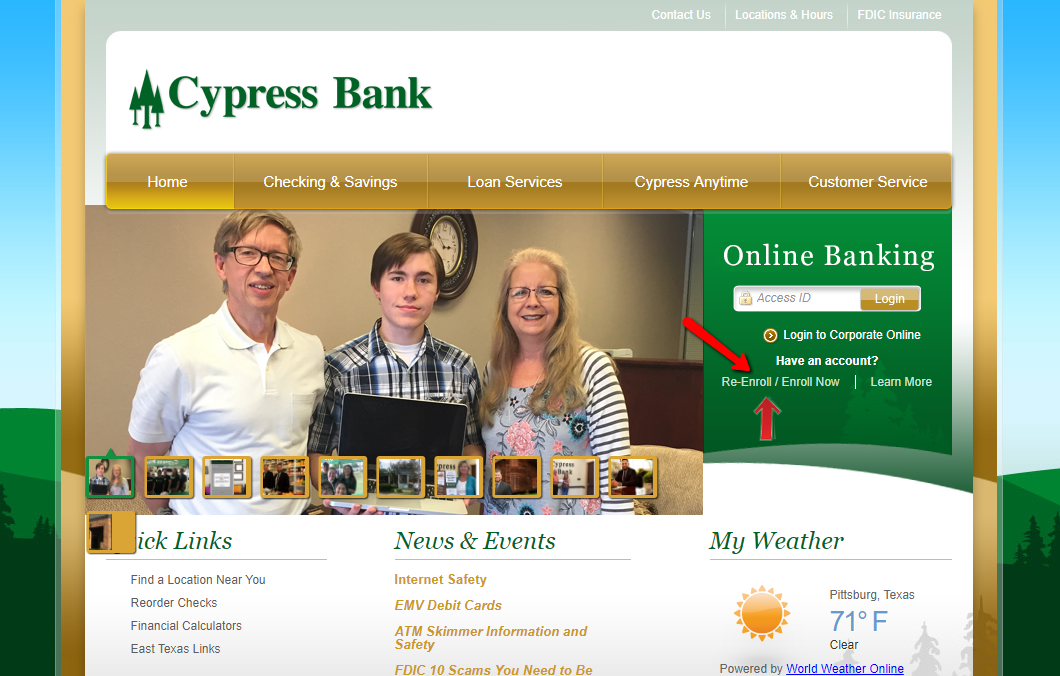20 Free Ways For Choosing Business Trust Management Planning
20 Free Ways For Choosing Business Trust Management Planning
Blog Article
Trust Settlements And Estate Planning: 10 Tips
Here are 10 specific guidelines about estate planning agreements which are related to trust settlements, in order to assist families, professionals and even individuals navigate the process. Each tip includes an explanation as well as the pros and cons that will assist you in assessing the potential results and strategies. 1. Keep meticulous records of all of your activities
Document any and all settlement agreements, communications and distributions.
Pros Guards trustees from liability
Cons: Administrative burden that requires continuous diligence.
2. Communication with Beneficiaries on a On a Regular Basis
Tip: Make sure beneficiaries are informed of deadlines, valuations for assets, and decisions.
Pros : Improves trust in the business and avoids legal disputes.
Cons: Some beneficiaries might be emotionally triggered and may not like the decision.
3. Don't put off filing your final tax returns
The estate as well as the deceased individual must file the final federal and state taxes.
Pros: Ensures legal compliance.
Cons: Complexity rises as estates grow or income sources grow.
4. Think about a partial distribution option
Tip - Make your first distributions, however, you should reserve a fund to cover the final taxes and other expenses.
Pros: Helps beneficiaries access funds sooner.
Cons: The system needs precise estimations in order to avoid any shortfalls.
5. Bequests to Charity how to account for them
Tip: If the trust includes charitable gifts Prioritize these gifts in line to the wishes of the settlor.
Pros Tax deductions for estates could be available and may meet charitable needs.
Cons: Improper timing or paperwork could void deductions.
6. Be aware of the state-specific trust law
Be aware that each state may have different laws regarding notices to trustees, creditors, and the need to provide notice.
Benefits: Being compliant helps avoid legal penalty.
Cons: Causes confusion in multi-state trusts.
7. Avoid the commingling of funds
Tips: Don't mix personal funds and trust assets. Set up an individual trust account.
Cons: Preserves fiduciary and transparency integrity.
Cons: Requires diligent bookkeeping and legal awareness.
Review and close all trust accounts
After the distribution of the final trust funds, close all investment, bank, administrative, and other accounts that are tied to it.
Cons Limits future claims through closing the trust.
Cons: Missed account settlement may be delayed.
9. Keep Settlement Records for several Years
Tip: Save all documents about the settlement process including notices, receipts, and filings, for at least 3-7 years.
Benefits: Very helpful for disputes and audits.
Cons: Documents must be stored and arrange documents in a secure manner.
10. Be sure to handle sentimental or Memorabilia assets with care
Tip: Handle personal belongings like heirlooms with clear documentation and family sensitivity.
Pros: Reduces emotional conflict.
Cons: This could create tension when there are disagreements or issues that are not addressed explicitly in the trust. Take a look at the top rated trust settlement for estate planning for website examples including new online banking, best bank to bank with in florida, capital 1 banks, united bank online login, the bank of the west, banks in san antonio texas, commercial bank and trust company, bank accounts near me, best banks for investment banking, investment banking companies and more.
Jacksonville Business Banking Accounts 10 Tips
Here are 10 tips to open a bank for business account in Jacksonville, Florida. Each has a clear description of the pros and cons to help to make your decision:
1. Choose a bank who understands the local markets
Tip: Opt for banks like VyStar Credit Union or Florida Capital Bank, which have roots in Jacksonville and know local businesses like tourism, logistics, healthcare, and real estate.
Cons: Not as many tailored financial products; better underwriting decisions.
Cons: Certain branches and services may be limited compared to national banks.
2. Compare Credit Unions with Commercial Banks. Commercial Banks
Credit unions, like Community First Credit Union, offer low fees and a focus on community. Commercial banks provide more technological and financial services.
Credit unions provide lower costs and better customer service.
Advantages (Commercial banks): Online tools that are more sophisticated, and offer a wider range of lending products.
Cons Certain credit unions do not have sophisticated digital tools as well as a the ability to reach across the globe.
3. Set up a low-cost business checking account
Find business checking options that come with low or no monthly fees. Local credit unions usually offer basic check-in with minimal requirements.
Benefits: Save money, perfect for businesses that are small or just starting out.
Cons: They could be accompanied by deposit or transactional limits.
4. Calculate the monthly transaction limits
Some business accounts have limits on transactions (e.g. 100 transactions per month). 100 transactions per month). Make sure the amount you anticipate is within the limits of your account.
Pros: Helps manage costs for low-activity businesses.
Cons: If you go over the limit of your transactions, additional costs could be added.
5. Choose a bank that offers robust online and mobile services as well as strong mobile.
Tips: Make sure that your bank's app is available for mobile, an online bill-paying system, estatements and integration with accounting programs.
Pros: Cash management and efficient operations.
Cons: Smaller institutions may not offer the most modern online services.
6. Be sure ATMs and branches in your area are accessible.
Jacksonville is a large city; pick a bank which has ATMs and branches located near you.
Pros: It is convenient for cash deposits and personal needs.
Cons: Some banks only have a handful of locations in the town.
7. Choose banks that are able to offer Business Credit
Tips: Having the business account will help you obtain loans and lines of credit or credit cards down the road.
Pros: Builds a relationship that can support funding needs.
Cons: You may need to provide personal guarantees or have a good credit history.
8.Bundle Business Services - Payroll, POS, Merchant Services
Use your bank's merchant services and payroll for discounts or other services.
Pros: Streamlines operations, potentially saves money.
Cons: It is more difficult to switch service providers.
9. SBA Preferred Loan Lenders can be found in Jacksonville
To get loans approved faster For faster loan approvals, you should use banks such as TD Bank, copyright or Florida Capital Bank.
Pros: Less complicated SBA loan process, better likelihood of approval.
Cons: Still could require security or creditworthiness.
10. Consider Seasonal Flexibility for Cyclical Businesses
Find banks that have flexible fee structures, credit lines, or which offer seasonality as an option (tourism landscaping, etc.).
Cons: It is not a great way to manage variable cash flow.
Cons Some banks are not able to accommodate seasonal business models. Have a look at the recommended banks near me in Jacksonville FL for blog advice including banks for money, us us bank, best bank in san antonio texas, new online banking, good online banks, people banks, federal savings banks, trust accounts, usbank website, people banks and more.